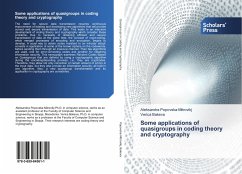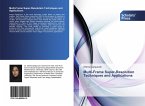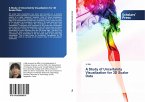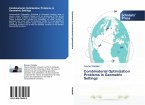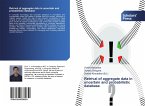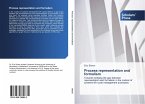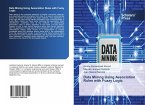The need for secure data transmission requires continuous improvement of existing and developing new algorithms that will provide correct and secure transmission of data. This leads to an intensive development of coding theory and cryptography which consider these problems. Due to necessity of obtaining efficient and secure transmission of data at the same time, the concept of crypt-coding, which merged processes of encoding and encryption, begins to develop. A usual way to obtain codes resistant to an intruder attack consists in application of some of the known ciphers on the codewords, before sending them through an insecure channel. Then two algorithms are used, one for error-correcting codes and another for obtaining information security. This monograph examines Random Codes Based on Quasigroups that are defined by using a cryptographic algorithm during the encoding/decoding process, i.e., they are cryptcodes. Therefore, they allow not only correction of certain amount of errors in the input data, but they also provide an information security, all built in one algorithm. Also, a new quasigroup transformation and its application in cryptography are considered.

